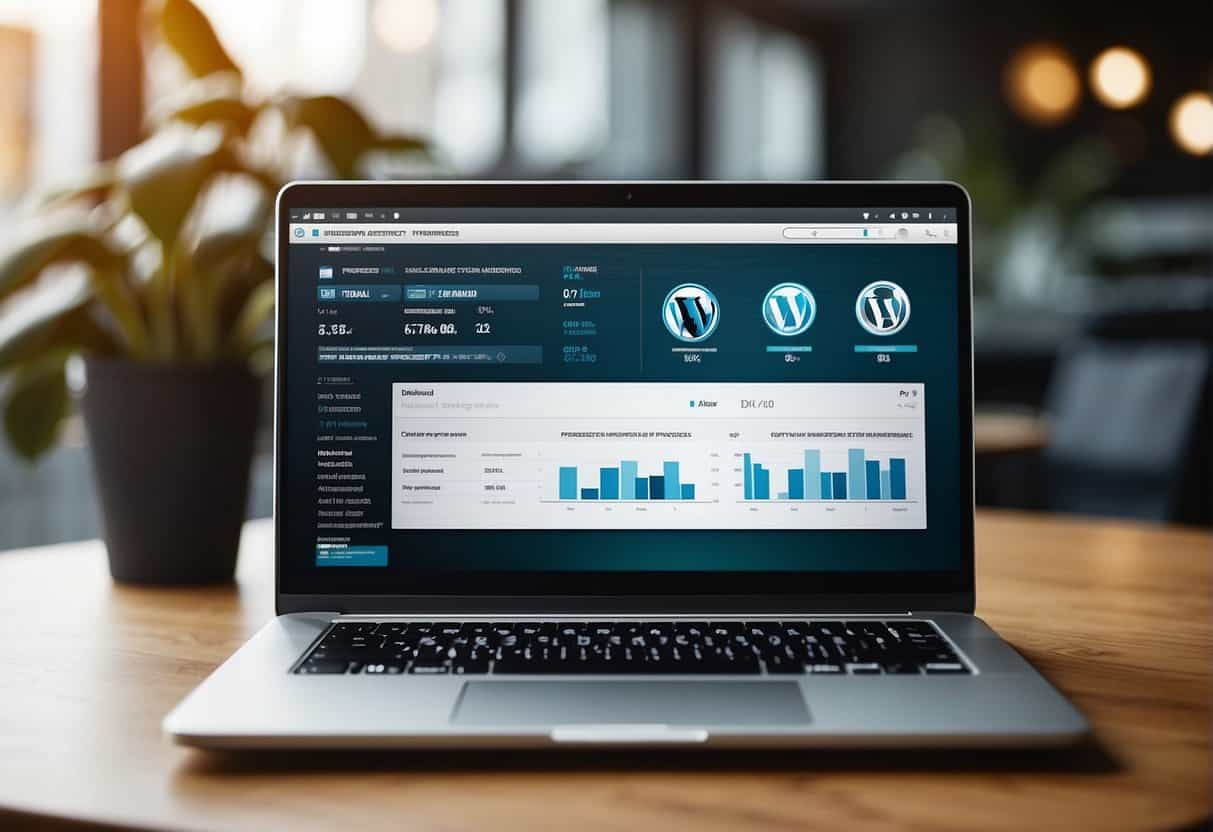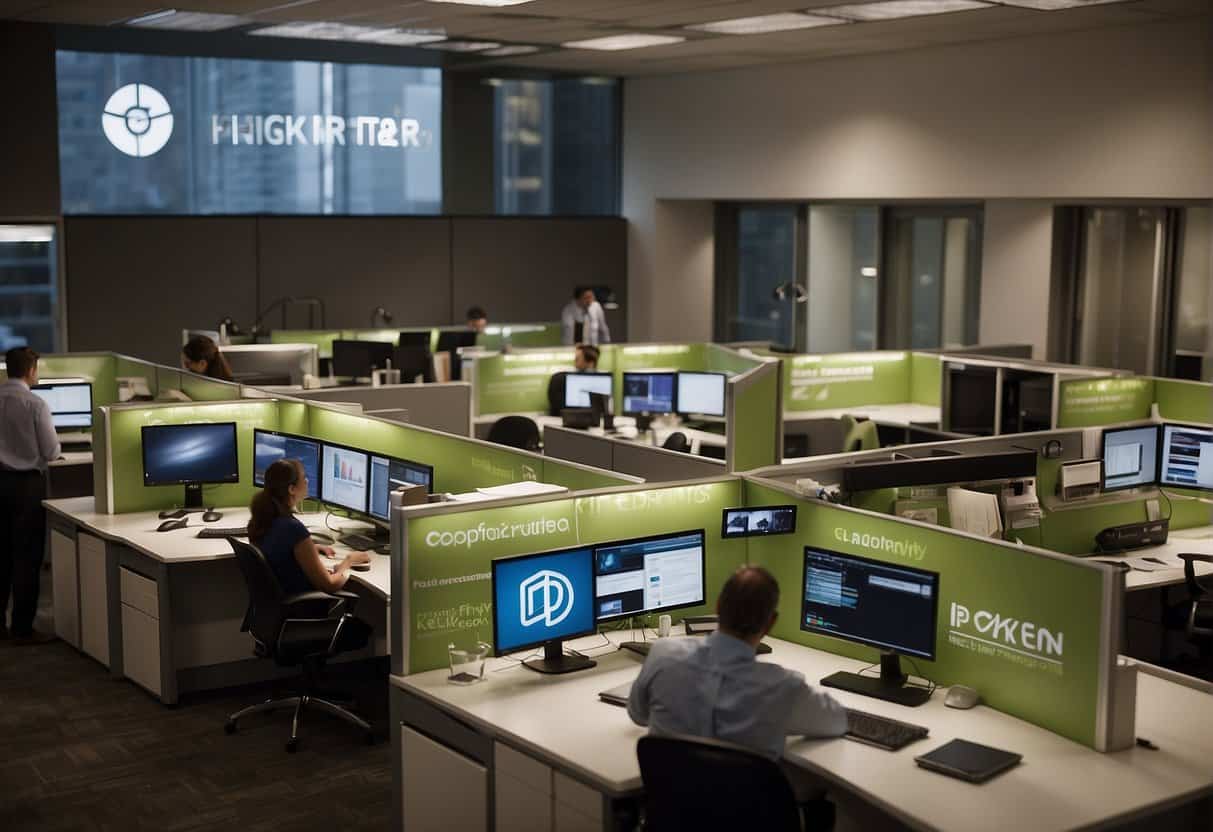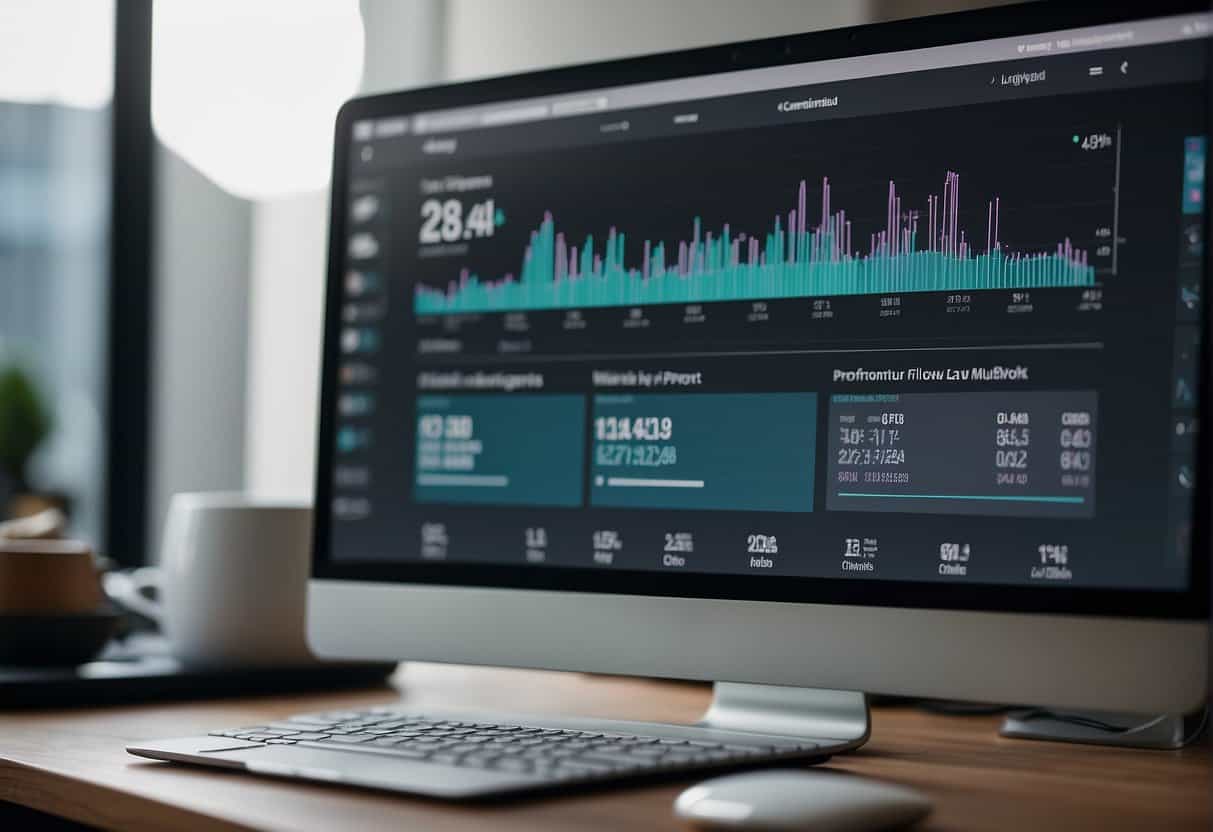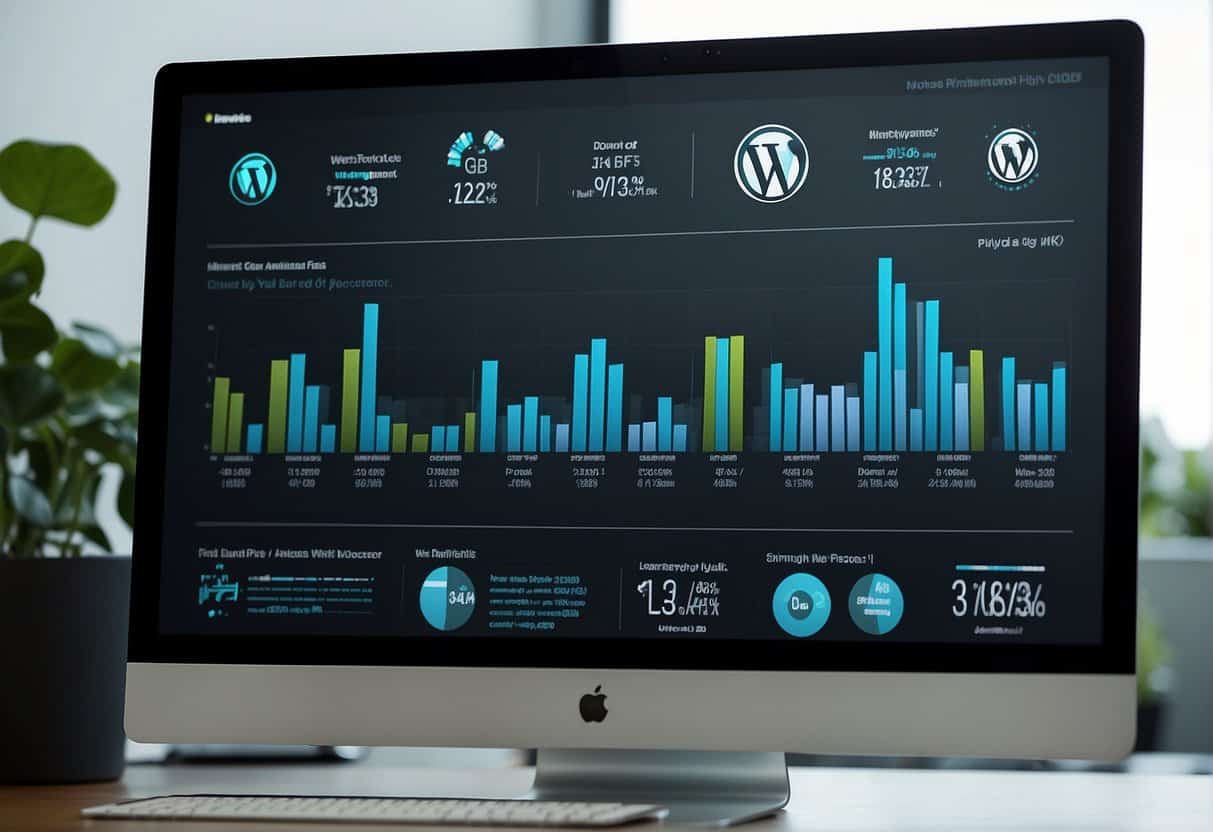Keeping your agency’s online platform up-to-date and running smoothly is crucial for maintaining and building a successful online presence. Website maintenance services play a pivotal role in this process, providing the expertise and support necessary to ensure that your site remains functional, secure, and efficient. By investing in these services, you safeguard your digital asset against common issues that can affect performance and user experience.
As an agency, your reputation hinges on the quality of service you deliver to your clients. Website maintenance is an ongoing task that includes updating content, making regular backups, and ensuring all components work together seamlessly. When you incorporate professional maintenance services into your workflow, you are not only protecting your own online business but also reinforcing the trust that clients place in your ability to manage and enhance their digital presence.
Your choice in a website maintenance service provider should be informed by their capacity to respond to technical challenges, adapt to the latest digital trends, and offer thorough support. A provider that aligns with your agency’s needs will contribute significantly to a robust, reliable online presence, setting you apart in a competitive digital marketplace. Choosing wisely can be the difference between a site that thrives and one that merely survives.
Evaluating Your Website Maintenance Needs
Before embarking on maintenance, it’s essential to assess your website’s current performance and security levels, and identify the content that requires updates.
Assessing Current Website Performance
To gauge your website’s performance, start by evaluating load times, mobile responsiveness, and compatibility across browsers. Consider employing tools that analyze page speed and identify bottlenecks. Effective performance optimization means ensuring your website loads quickly and functions well on all devices and web browsers.
- Load Time: Use speed test tools to measure how long your pages take to load.
- Mobile Responsiveness: Test how your website looks and operates on various mobile devices.
- Browser Compatibility: Check that your website displays correctly in different web browsers.
Identifying Potential Security Risks
Your website’s security is paramount to protect sensitive data and maintain customer trust. Regularly scan your website for vulnerabilities and ensure that all security measures are up-to-date. This may include software patches, secure socket layer (SSL) certificates, and firewalls.
Security Measures Checklist:
- SSL Certificate Validity
- Software and Plugin Updates
- Firewall Integrity Testing
Determining Content Update Requirements
Content updates play a crucial role in keeping your website relevant and engaging. Review your website’s content for accuracy, timeliness, and effectiveness. Prioritize updates to ensure your content meets the needs of your audience and aligns with your agency’s goals.
- Accuracy: Fix any outdated or incorrect information.
- Timeliness: Refresh time-sensitive content regularly.
- Effectiveness: Update content to improve user engagement and meet SEO standards.
Establishing an Effective Maintenance Plan
To ensure your website operates efficiently, a structured and detailed maintenance plan is imperative. Focusing on regular tasks, schedule adherence, and preparedness for the unexpected will keep your site up-to-date and running smoothly.
Choosing the Right Maintenance Tasks
Your maintenance plan should begin with identifying the critical tasks that keep your website functional and secure.
- Content Updates: Regularly refresh content to engage users and boost SEO rankings.
- Software Updates: Update CMS, plugins, and scripts to patch vulnerabilities.
- Performance Monitoring: Keep an eye on site speed and rectify any sluggish performance issues.
- Security Checks: Conduct frequent security audits to spot and fix potential threats.
Scheduling Regular Checkups and Updates
Consistency in maintenance is key. Create a checklist and timetable for completing the various recurring tasks:
| Frequency | Task | Description |
|---|---|---|
| Daily | Backups | Ensure backups are running successfully. |
| Weekly | Updates & Patches | Apply latest updates to all software. |
| Monthly | Performance Review | Assess website load times and optimize. |
| Quarterly | Security Audit | Thorough check for vulnerabilities. |
Planning for Backups and Recovery
Backups are your safety net, and a recovery plan is your assurance against data loss.
- Backups: Automate your backup process, ensuring that it includes both site files and databases.
- Recovery Plan: Document a clear, step-by-step guide that can be promptly executed in case of a breach or loss of data to minimize downtime.
Optimizing for Search Engines and User Experience
For your agency’s success, prioritizing both search engine optimization (SEO) and user experience (UX) in website maintenance services is essential. These intertwined aspects are critical in enhancing visibility and providing a seamless user journey.
Improving Website Speed and Functionality
Website speed is a vital factor that influences both SEO rankings and user experience. You should:
- Minimize HTTP requests: Consolidate files and reduce scripts to decrease page load times.
- Optimize images: Ensure images are compressed without compromising quality.
- Enable caching: Caching stores copies of files so that returning visitors will experience faster load times.
Performance optimization tools such as Google PageSpeed Insights can guide your website speed enhancements, helping you to identify specific areas for improvement.
Regular Content and SEO Updates
- Content Relevance: Keep your content fresh and relevant by routinely updating your website’s blog, articles, and other resources. This practice contributes to better SEO performance as search engines favor up-to-date content.
- Keyword Optimization: Integrate pertinent keywords into your content correctly and strategically to align with what your target audience is searching for.
Regularly update your SEO components, including meta tags, descriptions, and titles, to reflect the latest search trends and maintain high search rankings.
Gathering User Feedback for Iterative Design
- User Feedback: Collect and analyze user feedback to understand their needs and pain points.
- Iterative Design: Implement changes based on feedback to improve the user-friendly interface of the website.
Regularly engage with users through surveys, feedback forms, or usability testing sessions. This interaction allows you to make data-driven decisions for design improvements, aligning your website’s function with the preferences and expectations of your audience.
Staying Updated with Web Technologies and Trends
To maintain a competitive edge, you must stay abreast of the latest web technologies and design trends, ensuring your digital offerings remain relevant and performant.
Incorporating Latest Design and Tech Advances
You will benefit by integrating the latest design trends such as minimalism, asymmetrical layouts, and dynamic scrolling into your web projects. Adopting new technologies like CSS Grid and Flexbox can enhance your website’s responsiveness and user experience. For content management systems like WordPress, it is crucial to keep track of the latest software updates including new themes and plugins, which can offer new functionalities and improve security.
Responding to Digital Landscape Changes
As the digital landscape evolves, your ability to adapt to changes matters. For instance, if a new search engine algorithm update rolls out, you should adjust your SEO strategies accordingly. Mobile-first design has become a standard due to the growing number of users on mobile devices. Stay informed about software updates, as they often include important security patches and features that can affect site performance and user engagement. It is also vital to evaluate website analytics regularly to respond to user behavior trends effectively.
Managing Security and Compliance
Ensuring your agency’s website remains secure and compliant is critical. You’ll want to focus on setting up strong security measures and routinely checking for vulnerabilities to protect against cyber threats.
Implementing Robust Security Protocols
To safeguard your digital assets, you need to establish robust security protocols. Begin by ensuring SSL certificates are installed to encrypt data exchanges, making them secure. It’s also important to keep all aspects of your website updated with the latest security updates to mitigate known security vulnerabilities. This includes updating the CMS, plugins, and scripts. Use this checklist:
- Ensure SSL certificates are valid and renewed regularly.
- Apply the latest security updates and patches promptly.
- Set up a firewall to deter unauthorized access.
- Install anti-malware software to detect and prevent threats.
- Enforce strong password policies and use multi-factor authentication (MFA).
Conducting Regular Security Audits and Scans
Regular security audits and scans are vital for identifying and addressing any security flaws. Schedule these checks frequently to ensure continuous protection. When conducting a security audit, assess the following:
- Review user access levels and privileges.
- Inspect for proper security configurations.
- Scan for malware and signs of intrusion.
Security scans should be automated and conducted at least weekly. Utilize authorized tools to scan your web applications for any new vulnerabilities that could be exploited by cybercriminals. Implementing an ongoing security strategy will help maintain compliance with the latest cybersecurity standards.
Leveraging Support for Long-Term Success
To ensure long-term success, integrating expert WordPress maintenance services is indispensable. Recognizing how expert assistance upgrades your brand’s digital storefront and customer experience is fundamental.
Engaging with Expert Maintenance Services
To excel, your website requires continuous attention. By engaging with expert WordPress maintenance services, you receive a comprehensive range of services designed to optimize your site’s performance. This includes regular updates, security checks, and troubleshooting. It’s crucial to emphasize expertise in your maintenance plan. A team of professionals can proactively address potential issues, securing your digital storefront against threats and ensuring it runs smoothly.
- Security: Regular security sweeps to protect sensitive data.
- Updates: Scheduled updates for WordPress core, themes, and plugins.
- Backups: Systematic backups to safeguard your website’s content.
- Monitoring: Ongoing monitoring to maintain peak performance.
Understanding the Role of Support in Growth
Your ability to grow aligns with the support you secure. Expert WordPress support acts as an anchor for your brand identity and customer experience. It ensures that the web presence you’ve built continues to resonate with your audience and remains a reliable touchpoint.
- Consistency: Maintain a consistent online presence with expert help.
- Expert Advice: Gain personalized recommendations to enhance functionality and design.
- Relevancy: Stay relevant with updates that align with current web standards.
- Support: Get immediate assistance for any unexpected website challenges.
Advanced WordPress maintenance services lay a stable foundation, allowing your website to flourish. By leveraging these services, you not only sustain your current operations but set the stage for future growth and prosperity.







